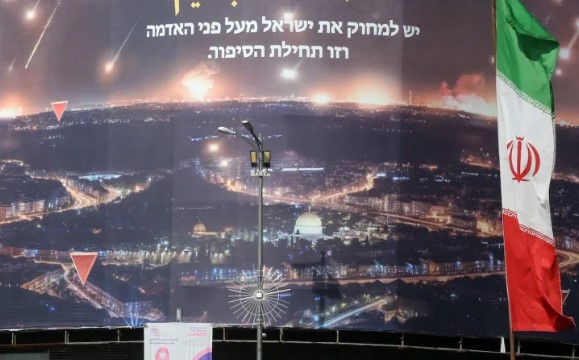The evolving tensions between Israel, Iran, and the United States have reached a critical juncture, marked by Israeli military actions that seem to bypass U.S. consultation, raising questions about the future of the alliance and the broader stability of the Middle East. Recently, Israel launched a massive strike on Hezbollah’s communications network, including thousands of pagers and walkie-talkies used by the group. This attack, along with the assassination of Hezbollah leader Hassan Nasrallah in Beirut, occurred without prior consultation with Washington, undermining a fragile ceasefire proposal put forth by the U.S. and France just two days earlier. These unilateral moves by Israel have left the Biden administration grappling with how to respond, as Israel’s security cabinet remains undecided on further actions.
While there has been some convergence between U.S. and Israeli positions, it is far from certain that this alignment will persist. U.S. officials have expressed concern about the level of transparency Israel is providing regarding its plans, with one senior official noting skepticism about the Israeli government’s willingness to share information. Israel’s long-standing plans to strike Iran’s nuclear facilities have been a source of friction between the two allies for years. Despite U.S. calls for restraint, Israel has continued preparations for potential attacks, including a military exercise just two years ago simulating a strike on Iran’s nuclear infrastructure. The U.S. is particularly wary of Israeli actions targeting Iran’s oil facilities, a move that could have significant economic and environmental consequences for the entire Gulf region. Arab states, including the UAE, Bahrain, and Qatar, have also voiced concern about such an escalation.
Meanwhile, Iran is scrambling diplomatically to gauge whether its regional partners can help de-escalate the situation. Tehran is deeply anxious about Israel’s next steps, especially considering the weakening of its key proxy, Hezbollah, by Israeli operations. Iran’s nervousness also stems from uncertainty about whether the U.S. can effectively deter Israel from targeting its nuclear sites. The Biden administration’s primary concern is preventing a full-scale regional war. While the U.S. has been working with Israel to ensure that its retaliation remains “proportional” following Iran’s missile strike on October 1, there is mounting fear that the tit-for-tat attacks could spiral into a broader conflict that drags in U.S. forces. The U.S. has urged restraint, particularly in Lebanon, where Israel’s bombing campaign has already claimed over 1,400 lives. However, Israel’s apparent disregard for U.S. calls for moderation in both Lebanon and Gaza has raised concerns that the U.S.-Israeli relationship is becoming increasingly strained, potentially undermining American influence in the region at a critical time.



